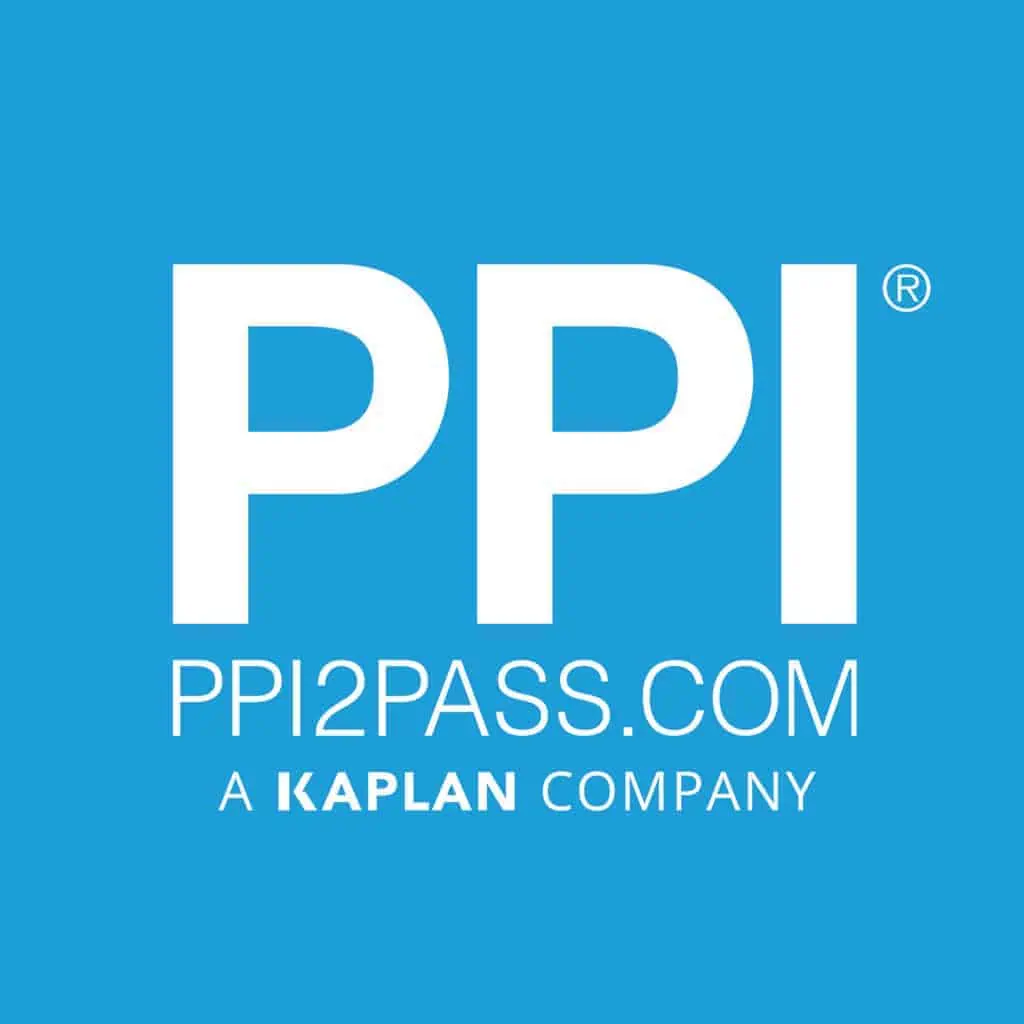In this article (and video above), I take a deep dive into tips to pass your PE exam while also assessing your FE exam prep to make sure you’re ready to crush it on your first try. For those who might not be familiar, the Fundamentals of Engineering (FE) exam is a big deal for engineering students—it’s the stepping stone towards becoming a licensed engineer. If you’re planning to take the FE exam, it’s super important to assess your readiness.
Now, let’s break down some of the common challenges that candidates face when prepping for the FE exam. First off, many students struggle with time management. Between classes, internships, and maybe even a social life, finding time to study can feel impossible. Not to mention, understanding the exam format can be tricky too! You’ve got multiple-choice questions, and they can cover a wide range of topics. It can be overwhelming if you’re not prepared. So, what do you do when you hit these roadblocks, and how do you know when you are ready to take the exam?
Here are some key things to consider:
1. Understanding the FE Exam
Before diving in, let’s get familiar with the exam itself. Head over to the National Council of Examiners for Engineering and Surveying (NCEES) website at https://ncees.org/ to find a complete breakdown of the topics covered you’ll need to be familiar with.
2. Know the Format
The FE Exam is computer-based, so get comfortable with that format and the question types you’ll encounter. The NCEES website provides resources to help familiarize yourself with the test format.
3. Calculator Proficiency
The FE Exam permits the use of specific calculators, so it’s crucial to master all their functions. Becoming proficient with your calculator can save you valuable time on exam day. We’ve created a comprehensive video titled “FE Exam Approved Calculators,” which you can watch right here on this channel!
4. Practice Makes Perfect
One of the best ways to gauge your readiness for the FE Exam is by taking full-length practice exams. These simulate real exam conditions, testing your knowledge under timed constraints. NCEES provides practice exams, along with other providers. If you’re consistently scoring above 70% on these practice tests, it’s a strong indicator that you’re well-prepared for the actual exam.
5. Analyze Your Weaknesses
Don’t just focus on the score, dig into the results! Are there recurring themes in the questions you miss? If so, a targeted review course might be the answer. Review courses and study guides can also be helpful if it’s been a while since you graduated.
6. Beyond Technical Knowledge
The FE Exam isn’t just about technical knowledge. Develop test-taking strategies like time management, educated guessing, and using the on-screen reference handbook effectively.
7. Mental Preparation
Exam day can be stressful. Make sure you’re mentally prepared by getting enough sleep, eating a good breakfast, and visualizing success.
So, how can you be sure you’re ready to take the FE exam?
- You’re consistently scoring above 70% on practice exams.
- You not only solve problems but can confidently explain the underlying concepts.
- You’re able to complete most questions within the average allotted time.
When you meet these benchmarks, you’ll know you’re ready!
Lastly, keep in mind that the ideal time to take the FE Exam is when the material is still fresh in your mind. If possible, aim to take it shortly after graduation or during a period when you can dedicate significant study time.
Remember, success on the exam is not just about what you know, but also about how well you understand your strengths and weaknesses. By following the tips to pass your FE exam outlined in this episode and dedicating yourself to thorough preparation, you can approach the FE Exam with confidence.
About Matthew Douglas

Most recently, during his time working for the public sector, he has taken the role of Public Works Operations Manager. He led quite a few public infrastructure rehabilitation projects and implemented new asset management technologies at a very young age. It is here that the passion for “fixing what’s broken” developed.
This Episode Is Brought to You by PPI
PPI
I hope you found this article helpful. In upcoming articles, I will solve some more PE exam practice problems and answer other questions from our subscribers. Pass the PE Exam videos will publish weekly, so be sure to click the subscribe button so you don’t miss something that could make a substantial difference in your exam result.
Lastly, I encourage you to ask questions in the comments of this video, or on this page and I’ll read and respond to them in future videos. So, if there’s a specific topic you want me to cover or answer, we have you covered.
I’ll see you next week… on Pass the FE Exam
Anthony Fasano, P.E., AEC PM, F. ASCE
Engineering Management Institute
Author of Engineer Your Own Success

Leave a Reply